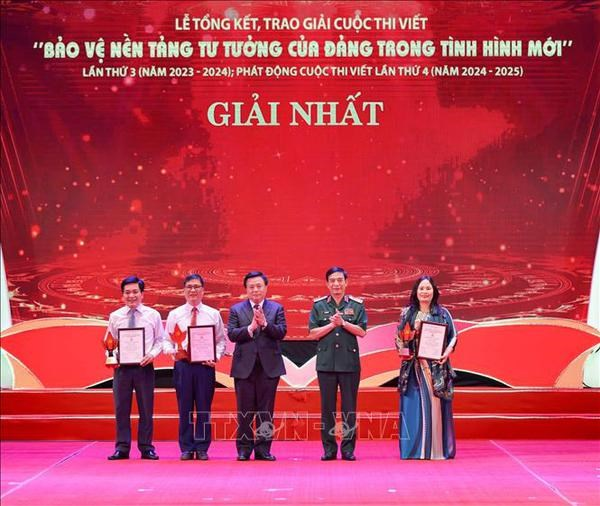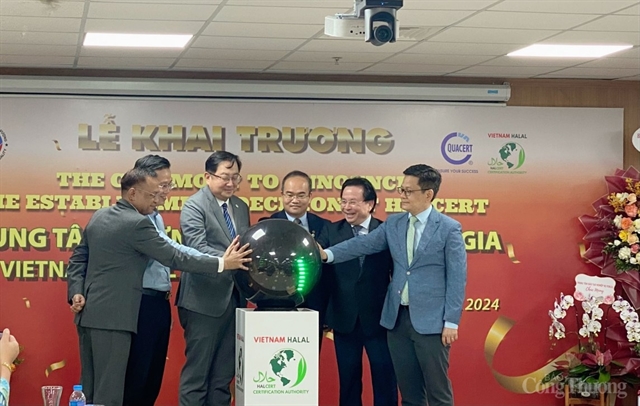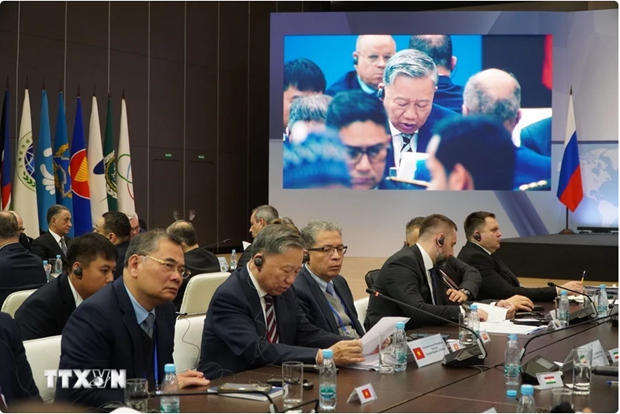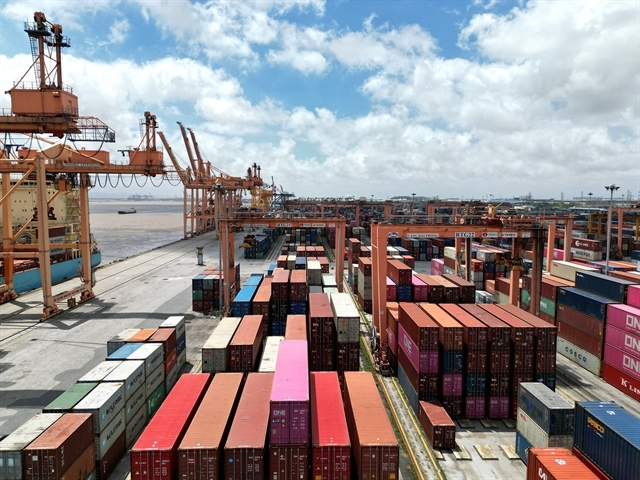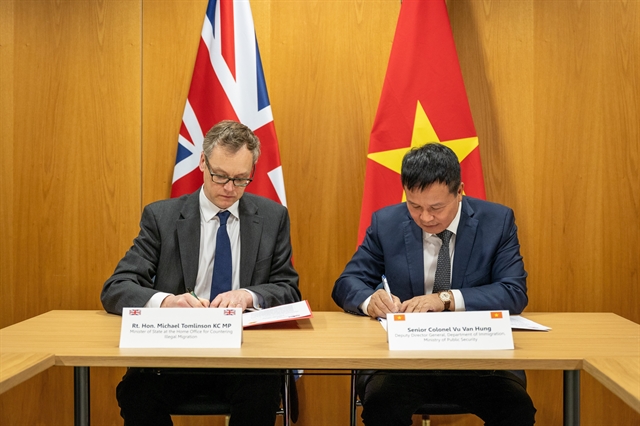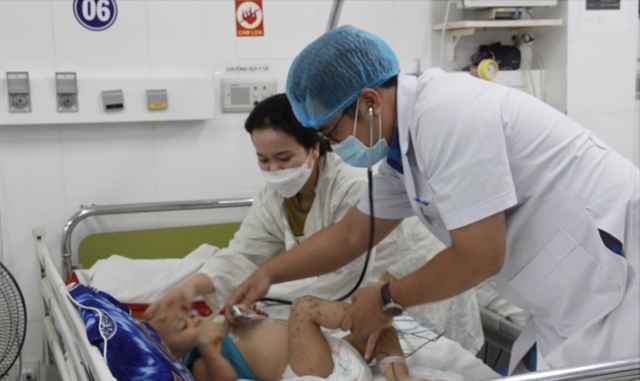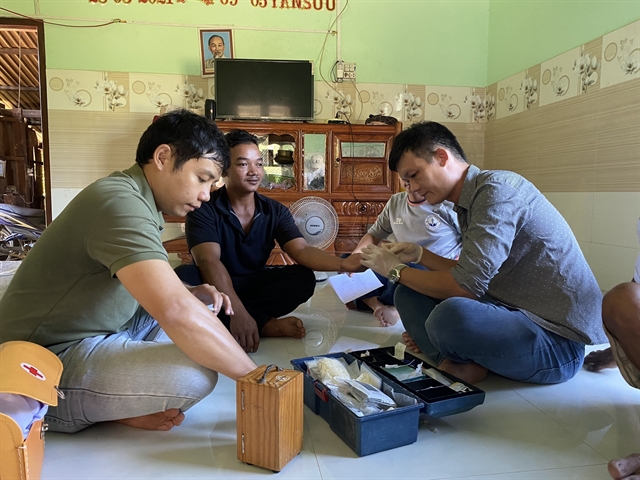 Opinion
Opinion
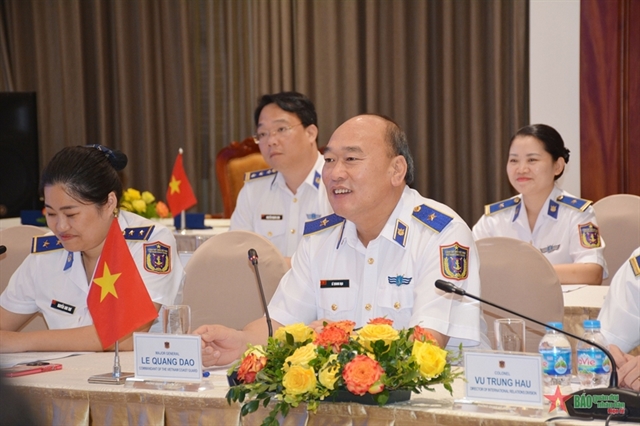
Professor Nguyễn Hữu Đức from Hà Nội National University talks to Dân Trí (People’s Education) newspaper about the country’s plan to develop smart universities for the fourth industrial revolution.
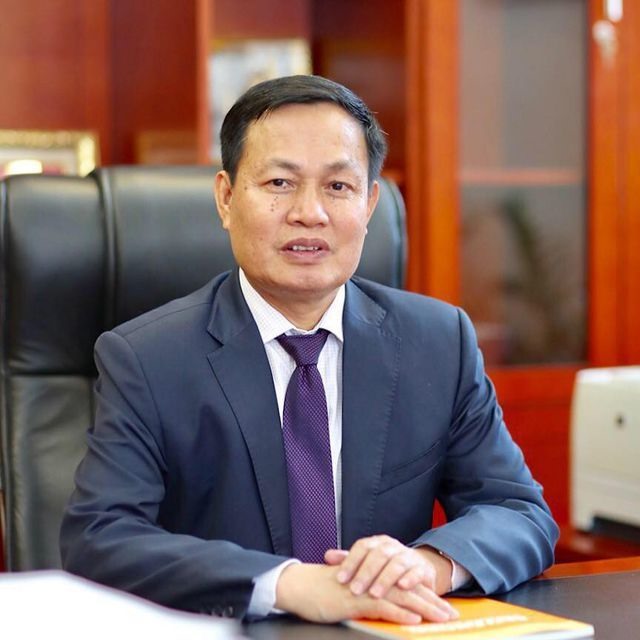 |
| Prof. Nguyễn Hữu Đức |
Prof. Nguyễn Hữu Đức from Hà Nội National University talks to Dân Trí (People’s Education) newspaper about the country’s plan to develop smart universities for the fourth industrial revolution.
What are the major points of the fourth industrial revolution?
It’s all about digitalising manufacturing. This is the fourth major transformation in production history.
The development of university is key to aid this process. Universities will be the places where students will learn the important factors for the digitalisation of manufacturing.
The first industrial revolution was water and steam power, the second saw mass production through electric power and the third was the rise of the computer and automation.
How will Vietnamese universities meet the new requirements?
There are five important elements. These are occupational training connected to the fourth industrial revolution, adjusting traditional training to meet new requirements, training in new technologies, linking new start-up projects with enterprises and linking universities with outside organisations to improve the education ecosystem for all concerned.
Tell us about what a start-up actually means?
Different skills are important. The start-up spirit should be understood comprehensively and correctly. It doesn’t simply mean setting up a new company. It refers to the spirit of ownership and creativity and the person’s position or role within that start-up.
What training programmes and occupations are required for the fourth industrial revolution?
Data technology, artificial intelligence, robotics, virtual reality and others.
Among these training programmes, the virtual reality should be considered as the foundation. For example, in Malaysia, artificial intelligence; machine learning; automation, big data and data analysis have been described as the foundation programmes. Meanwhile other technical areas like bio-technology, information technology, computer and health and others should be integrated into various subjects.
The spirit of the fourth industrial revolution is manifested in not only the characteristics of a career, but also in the training programme structure.
Reflective training programmes like Fluid and Organic Curriculum or Future Readiness Curriculum which are adopted by the Malaysian Ministry of Higher Education is the right choice.
The concept of “applied university” and “research university” is still blurred in Việt Nam. What is the difference?
I’m sorry to say that the concept of “educational quality” in our tertiary education system has not yet been correctly assessed or evaluated. Some people may say the teaching quality of an A University is better than the B University without paying attention to the assigned mission.
Universally speaking, the quality of a university is assessed according to their set objectives – whether they are achieved or not.
For Việt Nam the model 4.0 university is still new. How should Vietnamese universities catch up to the rest of the world?
The Ministry of Education and Training has assigned groups of scientists to conduct a thorough and comprehensive study on this model of a 4.0 university. To my understanding the scientists have been focusing their study on main contents to develop a set of tools for criteria and tools to evaluate the applicability in higher education.
Việt Nam is gearing toward the development of two sets of criteria for two groups of universities which are relevant to the top of 200 and 500 universities across Asia. — VNS

